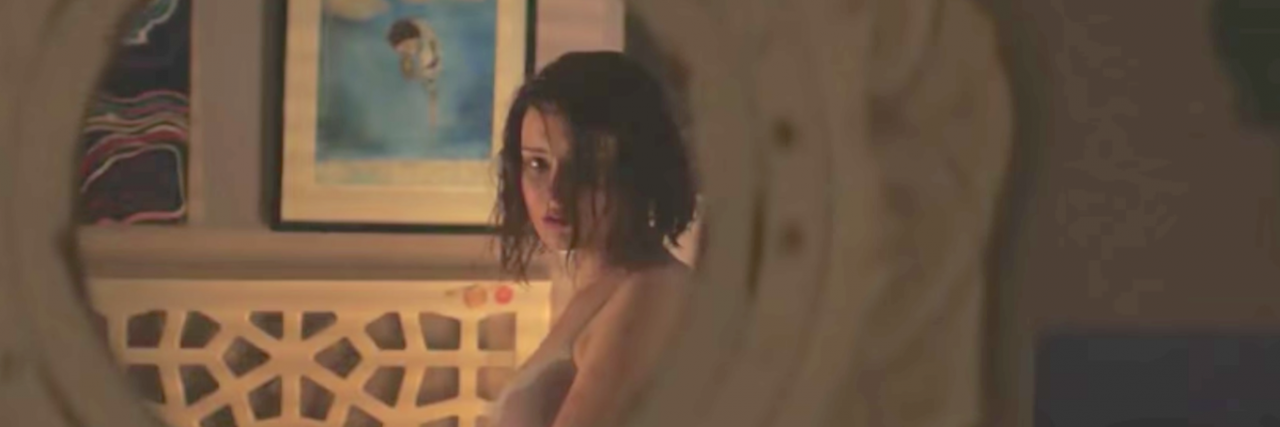I’ve been thinking a lot about Netflix’s “13 Reasons Why,” and I have mixed feelings. There are discussion guides to help teens deal with the issues, but I don’t know what there is out there for parents. I have read the series may be triggering to teens, but, beware, it can also be triggering for parents. As a parent with a child who has been suicidal, this show was very difficult to watch. At the same time, I feel it is important.
First, the problems. There is often no clear “why” when someone kills him or herself. Ninety percent of those who die by suicide had a mental illness. There is often no “why” to mental illness. It is treatable and suicide is preventable, but there is not always a correlation between mental illness and one’s life situation. Creating one can be demoralizing with those who struggle with depression and suicidal ideation without any clear reason “why.”
The other issue is that Hannah Baker, the character who dies by suicide, sends out tapes blaming those who have hurt her for her suicide, which to me, comes off as vindictive. However, I will take the idea of the tapes as a literary method to get her point across, and in that way, her thoughts are powerful.
I also really did not like the whole “mystery” aspect of the movie. I know it supposedly added entertainment and excitement, but I found it very unrealistic and annoying.
Now for some of the positive messages of the movie.
1. It shows how “little things” can make a big difference.
These “little things” are not in reference to Hannah’s rape or bullying. For example, one mean word can shatter someone’s self-confidence. At the same time, one kind word can make them feel included and cared for.
2. It shows bullying and exclusivity are major problems for teens.
However, bullying isn’t always the problem. Exclusivity is. I don’t think teens are taught basic etiquette. If you see someone sitting by themselves, go up to them. If there is a new person at school, introduce yourself. If someone is sitting at a table with you or participating in an activity with you, don’t exclude them. Be nice. Be considerate. I think that this is a huge problem for many teens, yet it is rarely talked about.
3. It shows suicide is not glamorous.
I know some critics have felt that the show glamorizes suicide, but I don’t think it does. It makes it look messy and painful and desperate.
4. It accurately shows the struggles for many teen girls.
Perhaps the strongest part of the show is that it talks about the extra struggles teen girls have — the objectifying of their bodies, the “slut-shaming,” the name-calling. And, of course, sexual assault and rape. I think the subject was dealt with in a very difficult, yet powerful way. It is a real issue that is often ignored, and I am glad the show brought this into the forefront.
5. It teaches teens to take better care of each other.
Finally, we can all do a better job of taking care of our teens, and teaching them to take better care of each other.
If you or someone you know needs help, visit our suicide prevention resources page.
If you need support right now, call the National Suicide Prevention Lifeline at 1-800-273-8255 or text “START” to 741-741.
We want to hear your story. Become a Mighty contributor here.
Screenshot via Netflix Youtube account.

